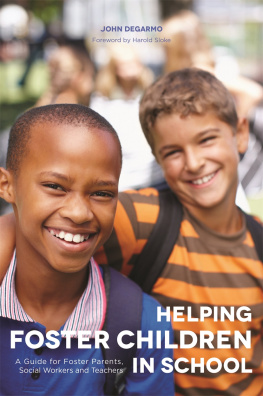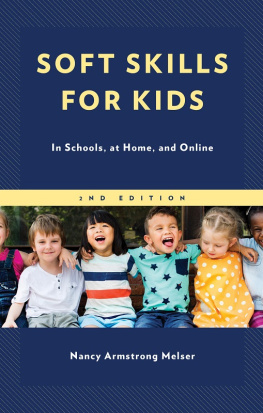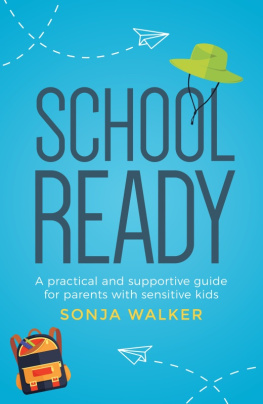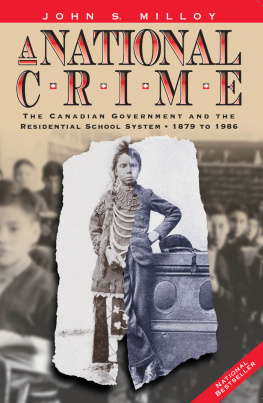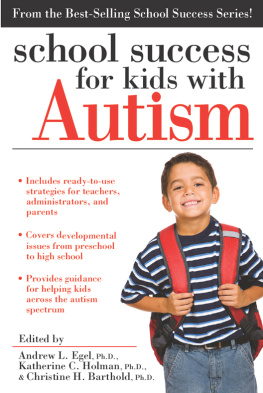French School Without Tears
By Peter Gumbel
French School Without Tears
Copyright: Peter Gumbel
Published: August 14 2015
Originally published in France as
Ces coles Pas Comme Les Autres la rencontre des dissidents de lducation
La Librairie Vuibert 2015
Translation Peter Gumbel 2015
The right of Peter Gumbel to be identified as author of this Work has been asserted by him in accordance with sections 77 and 78 of the Copyright, Designs and Patents Act 1988.
All rights reserved. No part of this publication may be reproduced, stored in retrieval system, copied in any form or by any means, electronic, mechanical, photocopying, recording or otherwise transmitted without written permission from the author.
People have one thing in common: they are all different - Robert Zend
Contents
Introduction: In the Mirror
With its 1,039,900 personnel, including 839,700 teachers, Frances national education system is one of the largest organisations in the world. In 2010, it overtook the Russian Armed Forces, the successor to the Red Army, in size. It employs five times as many people as the European Union and the United Nations combined. In Europe, only Britains National Health Service has more employees.
At 65 billion euros, its annual cost constitutes the largest single item in the government budget, an indication of how seriously France takes the education of its youth. School for decades has been the pride of the nation, the cradle of what are often referred to as republican values. Even today, its promise of a quality education that is free, secular and accessible to all remains a seductive ideal.
Yet over the past few years, pride has given way to growing frustration. The ultra-hierarchical and bureaucratic structure that presides over the school system is failing at some of its most essential tasks.
The number of students who struggle with reading, writing and mathematics in primary and secondary school has grown rapidly in the past 15 years; today, one pupil in four does not successfully complete his or her school education.
The word equality is inscribed on thousands of school buildings up and down the nation, yet the education system itself exacerbates the nations social divide. Statistically, a child from a poor family or one who lives in a deprived area will do less well at school than someone from a more privileged background. Over the past decade this tendency has grown worse. The gap in school performance between children of well-off parents and poor ones is today greater in France than it is in the United States, a land of ultra-expensive private schools where the inequalities of the education system have preoccupied policy-makers for four decades.
France is still able to produce brilliant students, but here too the results are disappointing. Contrary to what people believe, France has fewer good students than many other countries, notably in science and mathematics, the Prime Ministers think-tank, the Commissariat gnral la stratgie et la prospective, noted in a 2014 report. In mathematics alone, Germany, Poland, Belgium, the Netherlands, Switzerland and Finland produce a much larger number of top achievers. More generally, international comparisons show that French schoolchildren have less self-confidence and a greater level of stress than their peers in many other countries, and are racked by a constant fear of making mistakes. Too often, school is about failure.
Teachers, often unfairly blamed, are unhappy with this situation. The Ministry of Education periodically tries to measure what it calls teacher malaise, most recently in 2008, when 67% of teachers said they suffered from it, up from 53% in 2005. While its unclear what this affliction actually is, one clear indication of teachers state of mind is to be found in an OpinionWay survey in April 2014. Asked whether they would want their children to follow in their footsteps, a majority, 59%, said they wouldnt advise their children to become teachers.
The political discourse has also changed, from an attitude of boasting about the strengths of the French school system to growing concern about its weaknesses. Didier Migaud, the president of the prestigious Cour des Comptes summed up this change in mood with his comment in May 2010 that, our difficulties arent the result of a lack of financial means, but because the education system is not up to its task. This political debate became particularly anguished after the attacks on Charlie Hebdo and the Hyper Cacher supermarket in Paris in January 2015, and the subsequent refusal of some school children to honour a minutes silence for the victims. For some, that behaviour highlighted the failure of schools to transmit essential values, including what it means to be a French citizen.
In the face of such alarming evidence, ever more parents are looking for alternatives. Given the outsized dimensions of the system one might easily assume that, in fact, there are none. This would be quite wrong. A mammoth, as one former Minister of Education famously called the school system, does not mean a monolith. You dont need to travel to Finland or Canada to discover schools and teachers who are doing things differently. In fact, as the national school system struggles to keep up with the manifold problems besieging it, the number of alternatives is growing, and growing rapidly.
They are highly varied. Some are based on todays most up-to-date and sophisticated knowledge from the world of neuroscience about how children learn. Others are inspired by teaching methods and practices that date back a century or more, to an era when experimentation in education was commonplace. Many are pragmatic, based on the practical experience of motivated teachers, who have found what works best and then applied it. Still others ignore the official French programme entirely and use approaches to teaching and learning that have been tried and tested with success elsewhere.
This parallel universe is not limited to families able to afford expensive private schools. Some of these different schools do charge fees, which can range from a few hundred euros to several thousand per year. Yet a significant number of them are public, and free. The fact is that, in the throes of crisis, the education system is starting to fragmentand that is leaving an increasing amount of room for those with the energy and motivation to try something different, even within the system. Some of the most interesting and successful efforts to remediate the failures are to be found in what were once the worst schools in the most troubled areas of France.
In their own way, all these schools and methods promise a better and happier way of educating children. To the list of standard objectives of schoolreading, writing and arithmeticthey are seeking to add a new one: taking pleasure in learning.
This book is an investigation of the world of French schools without tears. It is the fruit of months of visits to schools around France, and conversations with teachers, parents, alumni, administrators, scientists, educational experts and pupils. It focuses not on what has gone wrong with French educationthere is no shortage of books on that subjectbut on those places where highly committed individuals are trying to do things differently, and better.
I embarked on this journey with several questions: do these alternatives live up to their promise? Are they more successful than the vast majority of schools in France? If so, in what way? Where is the evidence, and how strong is it? Are they indeed happier places? And if their results really are better, could their methods be applied more broadly?
The word alternative means different things to different people. During my research, I found that many teachers and schools around the nation are highly conscious of the problems of the system, and in their own way, are trying to rectify them as best they can. This is true both of public schools and those which are private but under a contract of association with the state. These schools, known as sous contrat , include most private Catholic ones. They are required to follow the programme laid down by the national education system and largely adhere to the methods that are enforced by its inspectors, but they do have some freedom to introduce different practices. These can range from operating a series of multi-age classes, to reducing or abolishing the use of marks, to a pronounced encouragement of teamwork.
Next page


